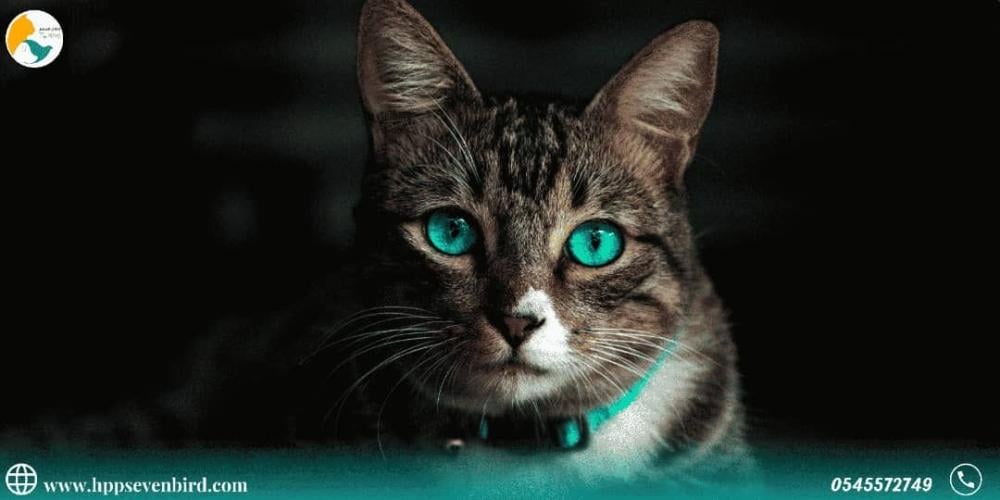There is nothing more attractive than cat eyes. While cats are generally thought of as mysterious creatures, their expressive gaze often reveals their feelings, moods, and even physical ailments.
Perhaps the essence of the appeal of our feline friends is the wide range of cat eye colors available, which can range from bright blue to dark green and even golden hues.
Kittens are born with blue eyes, which can change with age due to changes in iris pigmentation. You will notice color change between 4 and 6 weeks of age, and final eye color between 2 and 4 months. Variation in cat eye color can be attributed to genetics, pigmentation, and, in some cases, health conditions. Understanding the science of these colors entails deciphering the complex interplay between genetics, pigments, and environmental factors.
: The role of genetics in determining cat eye color
Cats, like humans, inherit certain physical characteristics from their parents. A cat's eye color is determined primarily by genetics. The “Cat Eye Color Chart” displays the different possibilities that result from these genetic combinations. Genes that affect eye color can produce pigments such as melanin, resulting in a range of shades. For example, a cat that carries the blue eye gene
: The role of factors that affect your cats eye color
Pigmentation:
The presence and distribution of pigments within the iris affects the final color of the eye. Melanin and lipochrome are the two main pigments.
Melanin is responsible for producing dark colors such as brown or black, while lipochrome is responsible for producing light colors such as yellow and green.
age:
As kittens grow, their eye color may change due to pigmentation.
This is especially noticeable in breeds with blue eyes at birth,
proliferation:
Siamese cats have striking blue eyes
While Turkish Van cats have amber or mixed eyes - it's like a fashion show on their face!
Heterochromia:
It refers to a condition in which a cat's eyes are of different colors. This can be due to differences in pigmentation or even genetics.
The result of complete heterochromia is that one eye is a completely different color than the other.
Health problems:
Cats' eye color may change due to a health problem that causes cats to have blurry vision with a change in color
She may be infected with an infection that changes the color of one eye
:Cat eye color
Blue eyes:
Most kittens are born with blue eyes due to a lack of pigmentation at birth. Due to certain genetic traits, some breeds, such as Siamese cats and Ragdolls, retain blue eyes into adulthood. Blue eyes come in a variety of colors, from pale sky blue to bright, deep sapphire.
Green eyes:
While green eyes are uncommon in humans, they are common in cats. The presence of a yellow pigment called lipochrome, combined with the scattering of light, results in green eyes. The green color in cats' eyes can range from shades of green to yellow, to true green and blue shades of green.
Copper eyes:
This color is a rich variation of orange or amber resulting from the high pigment concentration. This is the darkest cat color. Copper eyes can be found in Cornish Rex, Persian, Japanese Bobtail, Chartreux, and Maine Coon.
Heterogeneous eyes:
Some cats have odd or heterochromic eyes, where one eye is a different color than the other.
Odd eye coloration occurs when the white-cognitive gene, macular white, or dominant-white gene prevents melanin (pigment) granules from reaching one eye, resulting in a cat with one blue eye and the other yellow, green, amber, or brown.
White cats are most susceptible to heterochromia.
Cat health and eye color:
Aside from appearance, the color of a cat's eyes can sometimes reveal information about their health. Rapid changes in eye color can be a sign of an underlying medical condition, such as inflammation or infection. Monitoring these changes and seeking veterinary care as needed is crucial to your cat's health.
Seventh Bird Store offers you a pet health care package to take care of the health and comfort of your pets

